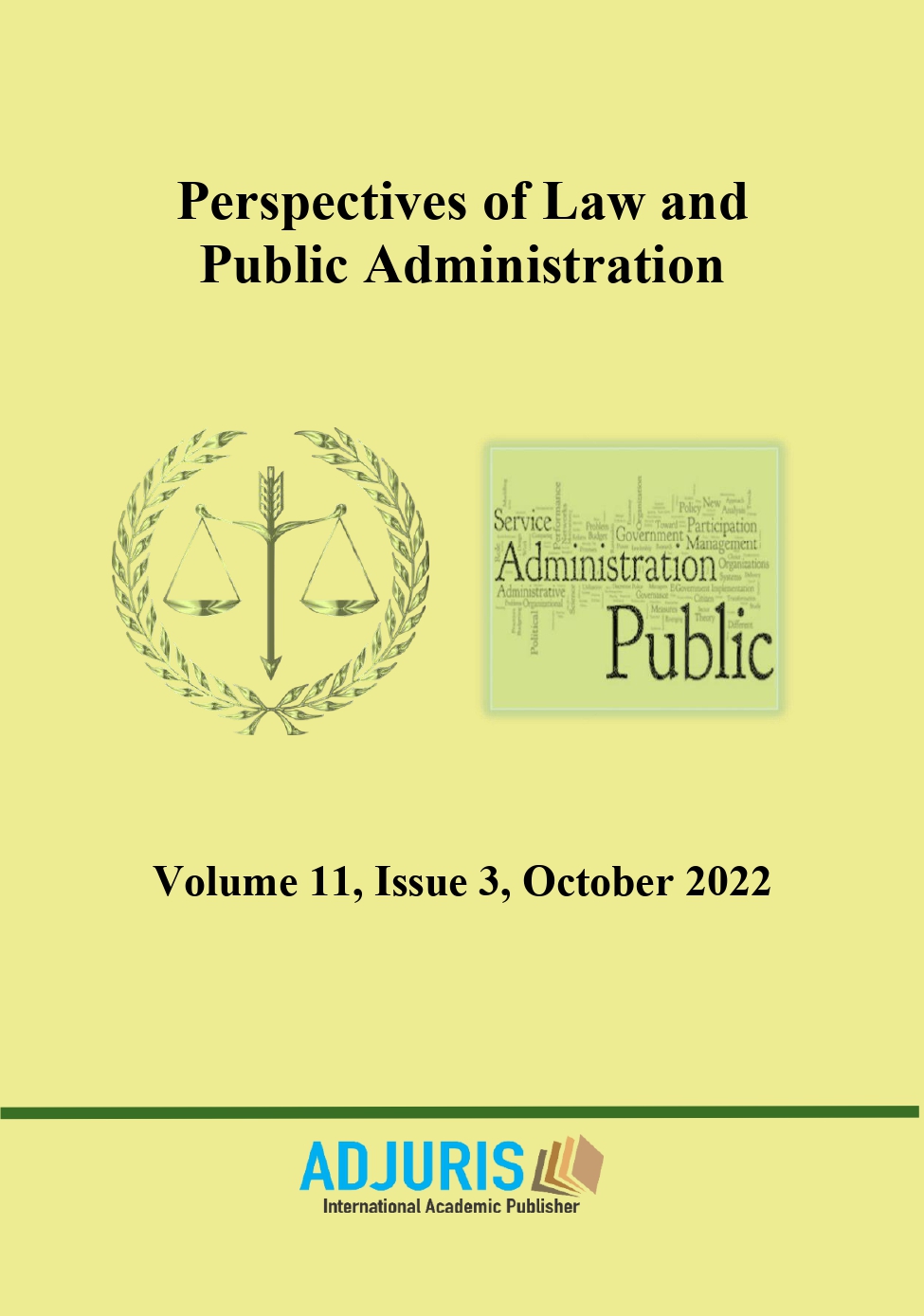AN ANALYSIS OF THE LEGAL IMPLICATIONS OF THE AFRICAN CONTINENTAL FREE TRADE AREA’S RULES OF ORIGIN ON ECONOMIC INTEGRATION AND CONSTITUTIONALISM IN AFRICA
AN ANALYSIS OF THE LEGAL IMPLICATIONS OF THE AFRICAN CONTINENTAL FREE TRADE AREA’S RULES OF ORIGIN ON ECONOMIC INTEGRATION AND CONSTITUTIONALISM IN AFRICA
Author(s): Howard Chitimira, Friedrich HamadziripiSubject(s): Constitutional Law, International Law, Law on Economics
Published by: Societatea de Stiinte Juridice si Administrative
Keywords: economic integration; constitutionalism; rules of origin, African Continental Free Trade Area;
Summary/Abstract: There has been several efforts to liberalise economic integration in Africa by removing tariffs and non-tariff barriers to enhance the free movement of goods and services such as human capital and intellectual property in Africa. This is evidenced by a plethora of regional economic communities (RECs) that have been established in Africa. Some of the prominent RECs in Africa include the Economic Community for West African States (ECOWAS), the Common Market for Eastern and Southern Africa (COMESA), the Economic Community for Central African States (ECCAS), the East African Community (EAC) and the Southern African Development Community (SADC). Almost every African state belongs to at least one REC. Unfortunately, most of these RECs have failed to promote economic integration among their member states. This could be attributed to several factors which include ambiguity on the status of REC decisions and resolutions in member states, complex rules of origin and dysfunctional decision-making, dispute resolution and enforcement mechanisms of the RECs. However, the promulgation of the African Continental Free Trade Area (AfCFTA) agreement has seen the dawn of a new era to liberalise economic integration at continental level in Africa. The technicalities surrounding the rules of origin could raise questions on the applicability of AfCFTA in Africa. It is imperative that drafters of the AfCFTA agreement learnt from the shortcomings of African RECs which are building blocks of the AfCFTA. In this article, the authors examine the legal implications of the AfCFTA’s rules of origin on economic integration and constitutionalism in Africa.
Journal: Perspectives of Law and Public Administration
- Issue Year: 11/2022
- Issue No: 3
- Page Range: 363-371
- Page Count: 9
- Language: English

